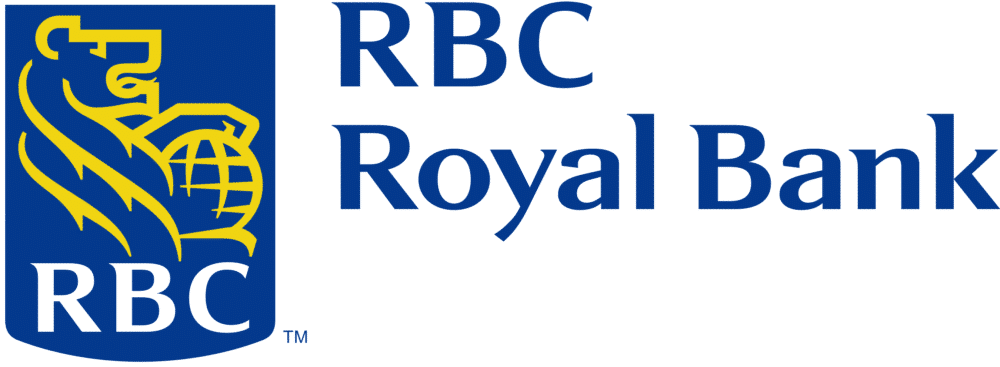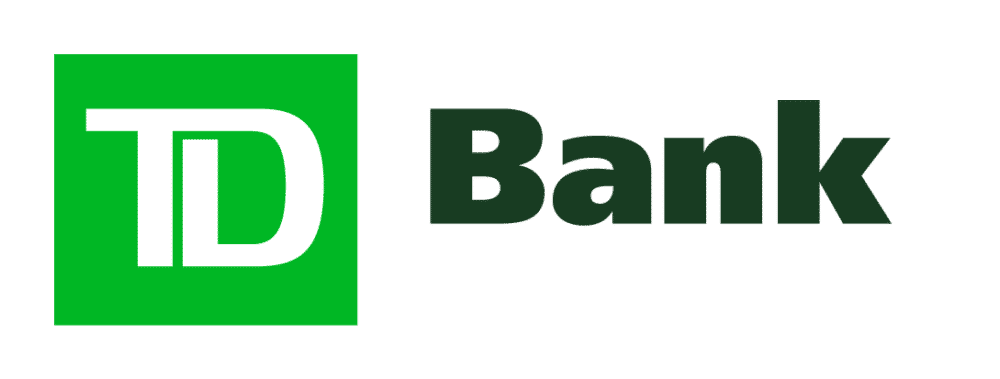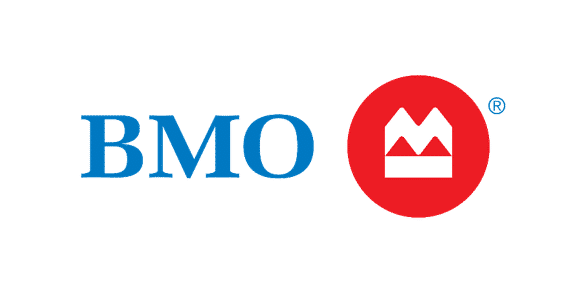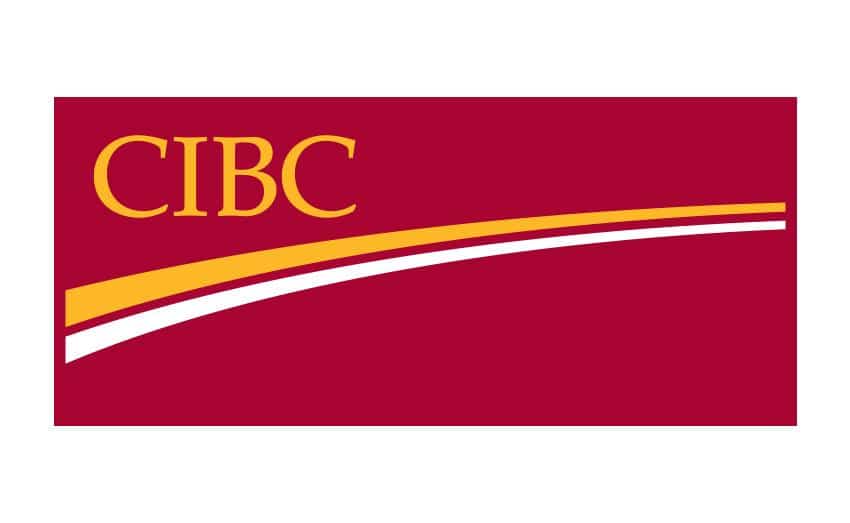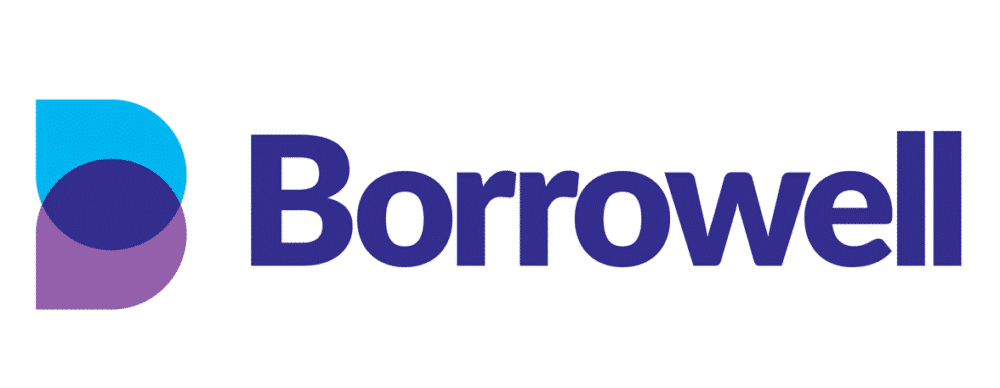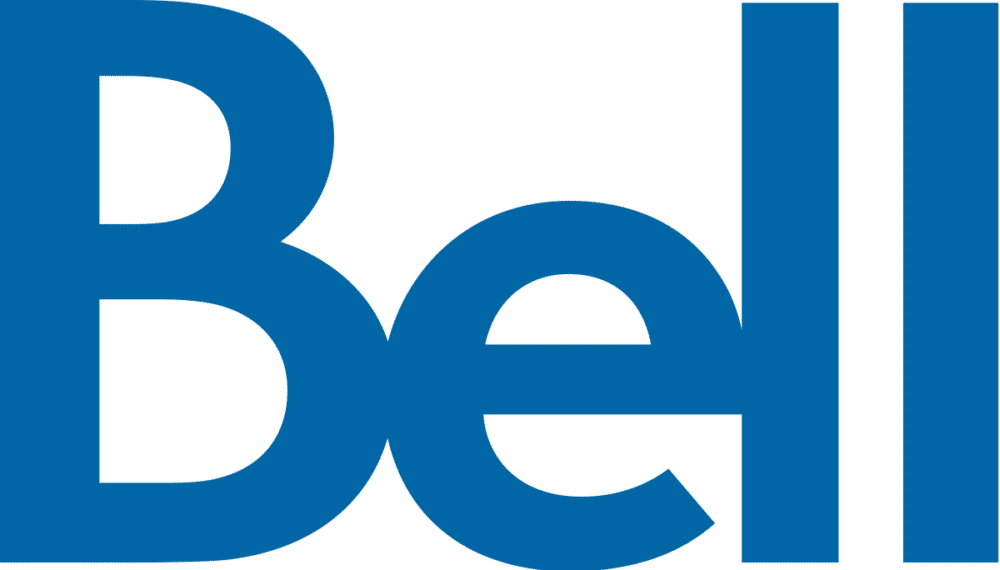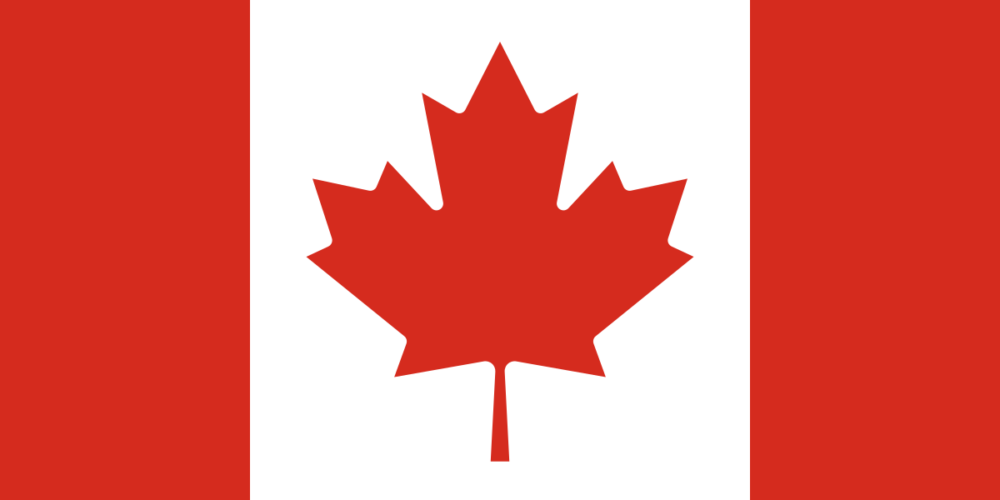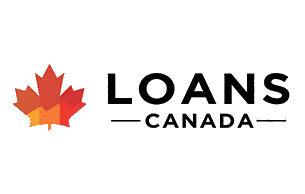Newcomer’s Guide: Immigrating to Canada and Building Credit
Immigrating to a new country — this may be your biggest, boldest adventure ever.
Long before your plane touches down on Canadian soil, you may face an overwhelming list of tasks to complete either before or after you arrive in your new home. To build your new life, you may need to find a place to live, look for a job, meet new people, get to know your community, determine how you will get around, obtain important documents, set up new accounts and make new friends.
As far as your credit history goes, you will need to establish first-time credit from scratch. As your Canadian credit record grows, you will have an easier time getting approved for loans, credit cards and low interest rates that will open up new opportunities. And your strengthening credit profile can be your golden ticket to a good job or even a new home.
To help you check items off your to-do list, here is your newcomer’s guide to settling into Canada and building your credit history.
Obtain Important Documents
Open a Bank Account
Understand How Credit Works in Canada
Find a Home to Rent
Sign up for Phone and Internet Services
Take Advantage of Newcomer Services for Immigrants
Assess Your Credentials and Apply for Educational Programs
Get a Job
Buy or Lease a Car
Apply for Government Benefits
Obtain Important Documents
Permanent Resident CardOnce you have immigrated to Canada, you will become a permanent resident. If you travel outside Canada, you will need a permanent resident card to get back into the country by plane, train, bus or boat.
In most cases, you do not need to apply for a permanent resident card. You will receive one at your Canadian mailing address. However, if you do not provide this address within 180 days of immigrating, you will need to apply for your card and pay a processing fee. You can apply here for a permanent resident card.
Social Insurance Number (SIN)To work in Canada, open a bank account, or receive benefits and services from government programs, you will need a 9-digit SIN. You can learn more here about SINs and how to apply.
Health CardTo access insured health care services, you must have a health card issued by the province or territory in which you will live. With a health card, you will be able to see a doctor, gain services from many other types of health care professionals, and receive treatment in a hospital.
Your province or territory will cover the costs of your insured primary health care services. Depending on where you will live and whether you are eligible, you may also receive supplementary health benefits—for example, prescription drug coverage.
You can learn more here about Canadian health care and how to apply for a health card.
Driver’s Licence or Other IdentificationTo drive in Canada, you will need a driver’s licence issued by the province or territory in which you will live. If you have a licence in your home country, you may be able to use it for a short while in Canada until you get your new licence.
Depending on the province or territory in which you will live and your driving background, you may need to pass a written test on the rules of the road, one or two driving tests, or both.
Get car insurance because driving without it is illegal in Canada. Also, study your province or territory’s driving laws. Breaking any of these laws can come with a severe penalty.
You can learn more here about how to get your driver’s licence, as well as about car insurance and driving laws. If you will live in the province of Ontario, Quebec or Alberta, you cansearch here for affordable car insurance rates.
Your driver’s licence will come in handy as official photo identification (ID). But what if you do not drive? In most provinces or territories, you can apply for another type of photo ID instead. For example, if you will live in Ontario, you can apply here for an Ontario Photo Card.
To keep your money safe, and to buy things and pay bills more easily, you should open a bank account soon after arriving in Canada. Having a bank account also will help you save for your future and will enable people or companies—such as your employer—to deposit money directly into your account. At your bank, you will also be able to rent a safety deposit box to secure any valuables you may have.
Canada’s top 5 banks are RBC (Royal Bank of Canada), TD Bank (Toronto-Dominion Bank), Scotiabank(Bank of Nova Scotia), BMO(Bank of Montreal) and CIBC(Canadian Imperial Bank of Commerce).
The bank you choose may have a package, an offer or services specifically for new immigrants. By signing up for one of these, you may save on fees, or even gain access to loans or other privileges (such as a lower down payment if you plan to buy a home) that do not require a Canadian credit history.
If your bank can offer you an unsecured credit card with no credit history necessary, accept the card and start using it right away. Using a credit card is an important way to improve your credit record and grow your credit score. You can search here for credit card options.
If you cannot qualify for an unsecured credit card, follow our tips to build your credit without having a credit card.
Understand How Credit Works in Canada
“What is credit?” you may wonder, and “Why is credit important?”
When you borrow money (e.g., a bank loan) or receive goods or services (e.g., phone service) and repay the lender later, you are receiving credit. Examples of credit include a credit card account, a personal loan, a mortgage and more.
Canada’s central credit bureaus (Equifaxand TransUnion) record your credit history on your credit report. Your credit report shows in detail how you have handled debt and whether you have paid your bills on time. As part of your report, the bureaus assign a credit score between 300 and 900. (Learn here how to get a free copy of your credit report, or sign up for free credit monitoring services such as Borrowell, which works with Equifax.)
The higher your credit score, the more “creditworthy” you will appear in the eyes of financial institutions, retailers, lenders and potential landlords. This means they will be more likely to trust you to pay your bills or rent, as well as to pay back loans on time.
As a result, lenders are more likely to say yes when you apply for loans, including those with lower interest rates. Being seen as creditworthy can help you buy a car, purchase or rent a home, get credit cards, qualify for good cellphone deals and, in some cases, get hired. You can read more here about the importance of credit.
Any credit you established in your home country does not come with you to Canada. You will have to start building from the ground up.
You can develop credit by using a credit card or by following our tips to build credit without a credit card. For example, with the Landlord Credit Bureau, you can get your credit score up by paying your rent on-time every month.
Find a Home to Rent
In some Canadian cities, many people are looking for a place to rent. A rental unit you see advertised may be taken very fast. When you hear of an apartment for rent and are interested, call to arrange a visit as early as you can.
To find rental properties, you might check the classified ad sections of newspapers; look at public notice boards in grocery stores, libraries or community centres; watch for “for rent” or “for lease” signs in your neighbourhood; or search the Internet, including listings websites such as
RentFaster.ca.
When you find a unit of interest, you may need to complete an application form. The landlord may ask you for references (e.g., a past landlord, your employer, a friend). The landlord may also ask you where you work, inquire how much money you earn and ask to check your credit history. Because you are new to Canadian credit and you may not yet be employed, you may want to seek help from a free nearby newcomer service for new immigrants.
Ready to build credit by paying rent?
If you take good care of your rental unit and always pay your rent in full and on-time, we have good news for you. When your landlord reports your on-time rent payments to Equifax through the Landlord Credit Bureau (LCB), your credit score can increase. With the LCB, you also can build a positive tenant record, which can help you get the place you want the next time you move.
Canada’s top 3 telecommunication companies (supplying phone and Internet services) are Rogers Communications, BCE Inc. (formerly known as Bell Canada) and Telus Corporation. You might also consider Fido, Public Mobile, Chatr, Lucky Mobile, Shaw Mobile or another low-cost provider.
To understand how much plans cost in Canada and help you choose your provider, you can read information here about getting phone and Internet service.
If you choose a postpaid plan (in which you pay for your services after using them), the provider may want to check your credit record before approving your application. Because you will not yet have a Canadian credit history, you may need to buy a prepaid plan instead. A prepaid plan does not require a credit check. You canread more here about why credit is important when you buy phone and Internet plans.
Until you get up and running with your own Internet plan, you can visit a nearby library. (Before leaving for Canada, you can search the Internet to locate libraries near your new home.) At most libraries, you can use a computer and access the Internet for free.
Searching for a job, finding a place to live and learning a new language—these are some of the greatest difficulties that newcomers to Canada may face.
Canada’s official languages are English and French. The language you will hear more often depends on where in Canada you live. If you spoke a different language in your home country, you may want to consider taking language classes.
When you take advantage of free services for new immigrants, experienced settlement professionals can help you look for a job, get language training, find a home, get your kids registered for school and more. You can find free newcomer services here.
You may have worked hard in your home country to get your degree, licence, certificate or other academic credentials. Before coming to Canada, you may want to get your credentials assessed. Do your qualifications meet Canadian standards? Do you need more training or Canadian work experience to find work in your field? The assessment will help you find out.
Both newcomers and Canadian citizens are welcome to attend Canadian universities, colleges and other post-secondary schools and training programs. However, when you apply, you may be asked to show proof of landing, as well as documents that demonstrate your academic history. If you will live in Ontario, you can find information here about how to apply to college as a immigrant student.
You can learn here about any student financial assistance you may be eligible for. These may include grants, loans or scholarships.
You can learn here about how to search and apply for jobs in Canada. For example, you might use the Internet to research companies where you want to work, and you might browse job search websites. The Canadian federal government’s Job Bank posts up to 2,000 new jobs every day.
If you are moving to the Greater Toronto Area (GTA) in Ontario, you may benefit from having a mentor to help you find work in your profession and develop your network. You can learn here how to find a mentor in the Toronto area.
You might also want to look for a bridging program. These programs help internationally trained professionals and tradespeople find work in Canada and integrate into Canadian workplaces. You can learn about bridging programs here.
If you drive, you might need to get a vehicle. If you need a car for only a short period, you can rent one from a car rental agency. Otherwise, you can buy or lease a car from a car dealer.
Search the Internet to learn about car dealers or car rental agencies in the city in which you will live. You can learn more here about buying and leasing cars.
If you want to borrow money to buy a vehicle, you might apply for a car loan from Loans Canada. Even with no Canadian credit history, you may qualify for a car loan because it will be secured by the vehicle you purchase. You can learn more here about how car loans work.
The Canadian federal government provides many benefits and services, some of which you may be qualified to receive. Use the Benefits Finder tool to see which ones you may be eligible for.
Disclaimer
The information provided in this post is not intended to be construed as legal advice, nor should it be considered a substitute for obtaining individual legal counsel or consulting your local, state, federal or provincial tenancy laws.
In October 2021, the LCB organization re-branded some of the services it offers under FrontLobby. Until this point, the LCB organization has consisted of two companies handling different services under the umbrella trademark of Landlord Credit Bureau. The introduction of FrontLobby enables each company to maximize its focus and impact. Read More
Rent Reporting Benefits Landlords and Tenants
Landlords, Property Managers and Tenants can report rent payments and rental history data to Landlord Credit Bureau through FrontLobby.

